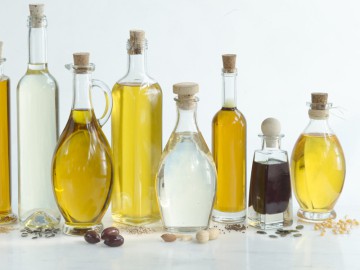LIQUID OIL REFINING FACILITIES
A large amount of wastewater is produced during the refining of liquid oil, including the removal of sticky matter, neutralization, and the removal of odors. The wastewater contains significant amounts of organic pollutants, including sugar, nitrogenous compounds, volatile acids, poly-alcohols, and pectin.
There are many processes in the liquid oil refining industry that require treatment, including suspended solids removal, food waste removal, oil and grease removal, and others. Wastewater treatment technologies can be used that involve biological and chemical processes either separately or together.
While the activated sludge process provides a simple and cost-effective alternative for chemical treatment, coagulation is one of the most effective methods for removing pollutants from the wastewater produced in the liquid oil refining industry. The characterization of the wastewater is very important in the design of a suitable wastewater treatment plant.

